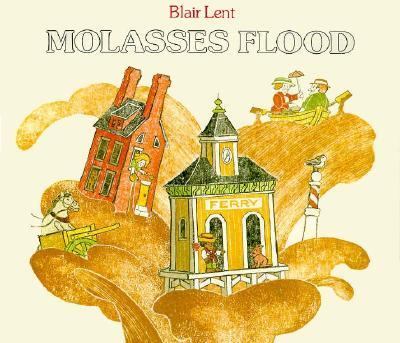The Epsilon Theory podcast is free for everyone to access. You can grab the mp3 file below, or you can subscribe at:
Cursed Knowledge is our latest podcast that explores how narratives, for better and worse, have shaped our world without us noticing. The world is full of people pushing their version of reality on us and it’s time to expose the truth. No matter how much you might wish we hadn’t.

The Boston Molassacre was one of the great tragedies of the early 20th century. So why isn’t it treated like one?












Possibly not enough of the victims were from a land of golden theatres.
I speak from the pejorative nature that is amongst the rushed, unthinking mob; coarse people’s death is less a tragedy and more a happenstance.
The only story that matters is the one you are living. Living life for the grander stage is a fool’s errand…
— Percy Shelley’s “Ozymandias”
I shared this today in real life as a “red pill” example of how perceptions and narrative are vastly different to fact patterns to a normie colleague. Thank you for the cursed knowledge!
My son is an avid reader of the “I Survived” book series. One of his favorites is the “I Survived the Great Molasses Flood, 1919”. Otherwise I would never have known of it.